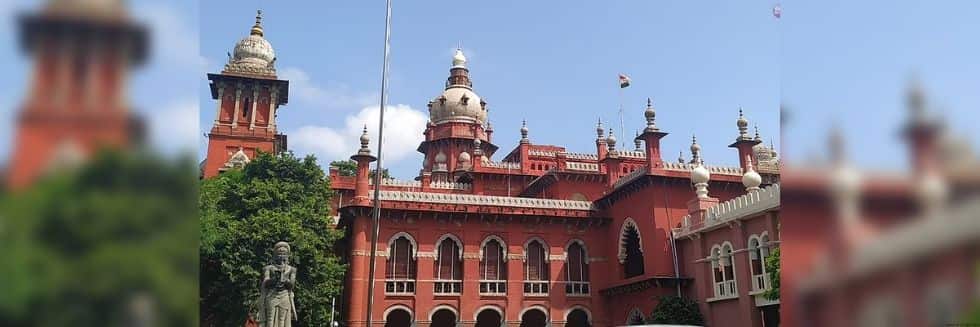In an observation which is grabbing attention globally, Madras High Court has declared mother nature as a living being having a legal entity/ legal person / juristic person / juridical person / moral person / artificial person having the status of a legal person, with all corresponding rights, duties and liabilities of a living person.
The decision aims at preserving and conserving nature.
Justice S Srimathy noted that nature shall have fundamental rights/ legal rights and constitutional rights for its survival, safety and sustenance, and resurgence in order to maintain its status and also to promote its health and wellbeing.
The High Court also directed the Centre and state governments to take appropriate steps to protect the other earth in all possible ways.
“The past generations have handed over the ‘Mother Earth’ to us in its pristine glory and we are morally bound to hand over the same Mother Earth to the next generation. It is the right time to declare/confer juristic status to the “Mother Nature”. Therefore This Court by invoking “parens patriae jurisdiction”, (parent of the nation jurisdiction) is hereby declaring the “Mother Nature” as a “Living Being” having legal entity / legal person / juristic person / juridical person / moral person / artificial person having the status of a legal person, with all corresponding rights, duties and liabilities of a living person, in order to preserve and conserve them,” the bench noted.
“Indiscriminate destruction or change is leading to several complications in ecosystem, ultimately is endangering the very existence of the animals, flora and fauna, forests, rivers, lakes, water bodies, mountains, glaciers, air and of course human. Strangely the destruction is carried on by few humans. Any such act ought to be checked at all levels,” the bench stated.
Justice Srimathy further stated, “The phrases like ‘sustainable development’, ‘the polluter pays’, ‘the precautionary principle’ shall not be allowed anymore.”
The bench granted legal personhood status to mother nature while hearing a plea filed by a former Taluk Tahsildar against a government order imposing compulsory retirement and a penalty of one-third reduction in the petitioner’s pension and retirement gratuity for granting Patta to forest land to private individuals.
The petitioner submitted that following an order by Thanjavur Settlement Officer and Madurai District Collector, Patta granted was cancelled and therefore, there was no monetary loss. The petitioner argued that the punishment awarded to him is very harsh and should be quashed.
The bench invoked parens patriae (parent of the nation) and declared mother nature as a “living being”.
The compulsory retirement was modified to stoppage of increment for six months without cumulative effect. However, consequential monetary benefits have to be conferred on the petitioner, the bench said.
“This punishment is imposed for the act done against mother nature,” the order reads.
What Loopholes Did The Supreme Court Identify In Legal Personhood Status In 2017?
It is really applaudable that the judiciary is taking the stand for the preservation and conservation of nature. But should we consider mother nature a live human being? Is it right to give legal personhood status to nature?
This case was related to “rights of nature” laws and giving ecosystems, animals and elements of the natural world legal rights similar to those of humans, corporations and trusts.
Previously also, three of India’s state High Courts have issued decisions recognizing that glaciers, rivers, animals and Mother Earth have legal personhood status.
However, the top court in 2017 reversed Uttrakhand High Court’s decision which had granted legal personhood status to Ganges and Yamuna rivers. The Supreme Court found it non-feasible as the court didn’t just give legal rights to the rivers but also imposed duties and liabilities similar to human beings.
Those duties and liabilities could allow individuals to sue the rivers in the case of flooding or other natural disasters, potentially raising problematic issues about who would pay for any damages, the top court had said.
Besides that, rivers’ geography was another reason to consider the ruling non-workable. Since the rivers flowed through multiple states, this created a problem as to which state government was responsible for acting as the river’s guardian, the bench had noted.
Many environment advocates suggested that the judiciary should only grant rights to mother nature and should not impose duties or liabilities.
View this post on Instagram






